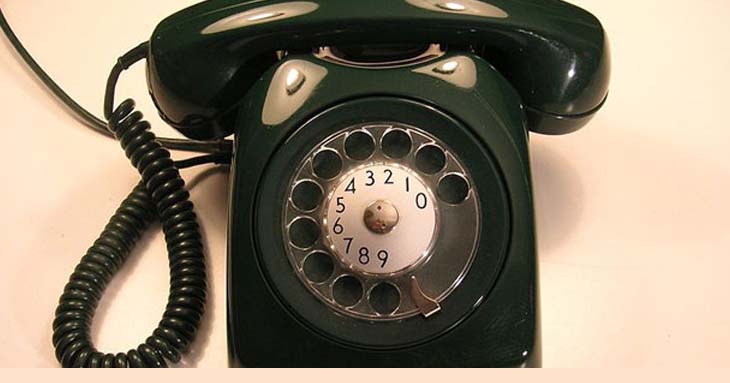
Zederex Fails to Perform
Webpage promoting ED pill is the quintessential example of fake news.
The latest grant scam making the rounds.
Picture this:
You’re unwinding in your living room after a long day. The phone rings, and it’s the National Institutes of Health (NIH) calling to let you know you’ve just been selected to receive a $14,000 grant. You can hardly contain your enthusiasm as you hand over your bank account information to pay a fee (the caller says the NIH will also accept payment via iTunes or prepaid card). In the moment, you even manage to forget that you’re not a researcher who applies for government grants.
If this sounds too good to be true, that’s because it is. It’s the latest grant scam making the rounds, according to the FTC.
As with print ads that claim you qualify for a “free grant” to pay for school, home repairs, or help with unpaid bills, “money for nothing” or, in this case, next to nothing, grant offers are almost always scams, says the FTC. The feds don’t give grants over the phone. And under no circumstances will the government call you demanding personal or financial information.
If you receive such a call hang up and report it to the FTC.
Find more of our coverage on government scams here.
Our Ad Alerts are not just about false and deceptive marketing issues, but may also be about ads that, although not necessarily deceptive, should be viewed with caution. Ad Alerts can also be about single issues and may not include a comprehensive list of all marketing issues relating to the brand discussed.
Webpage promoting ED pill is the quintessential example of fake news.
TINA.org gives this ED pill a failing grade.
This erectile dysfunction pill disappoints on all counts.


